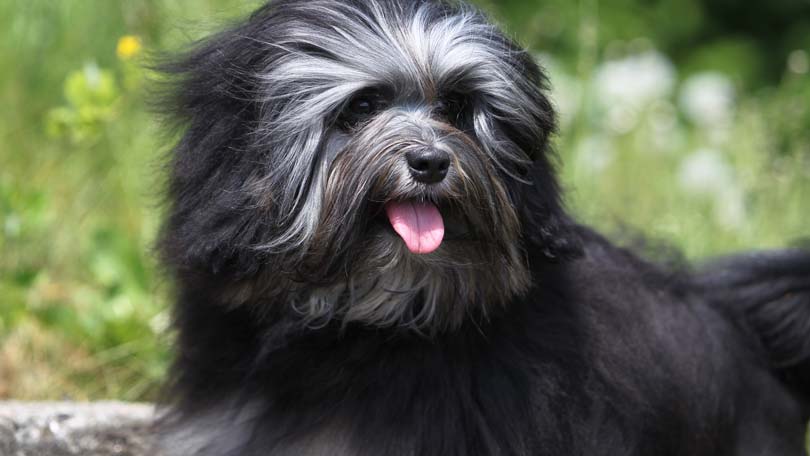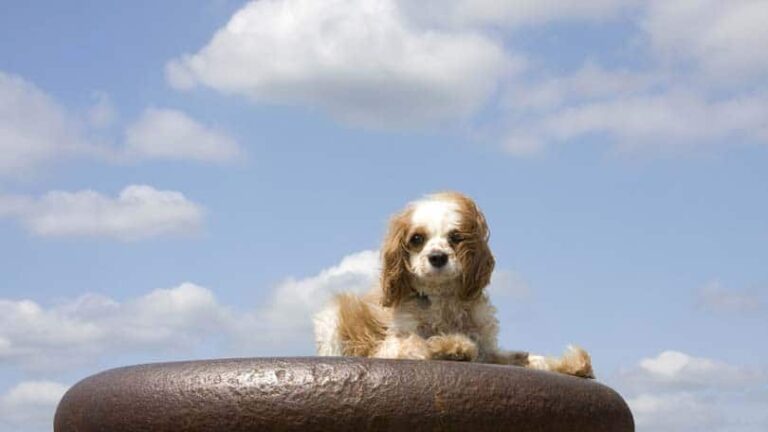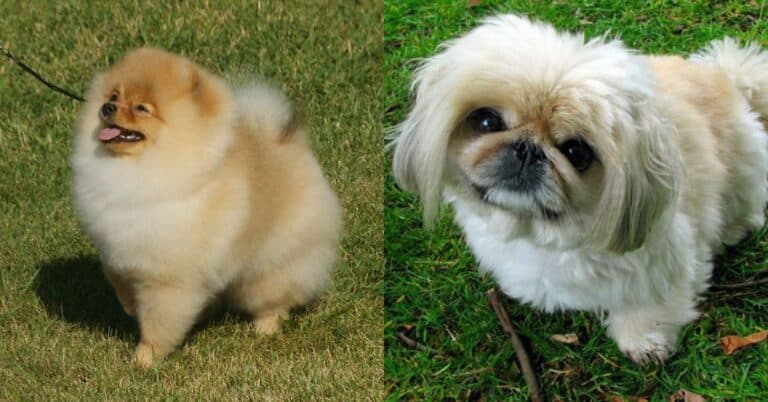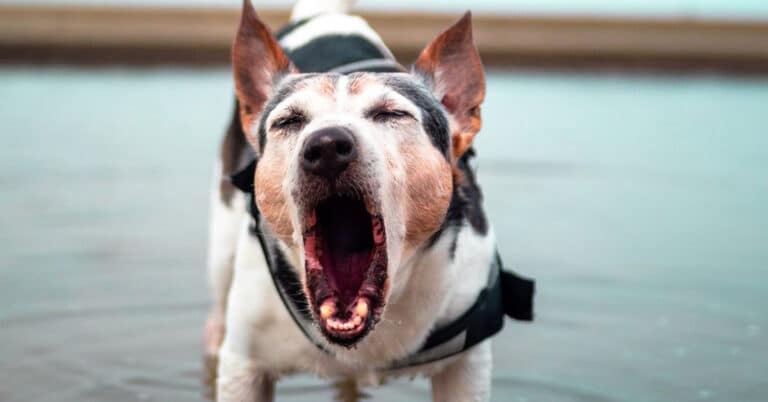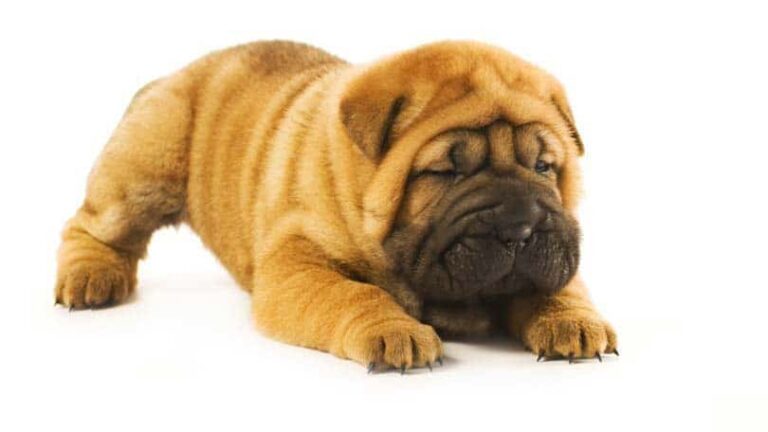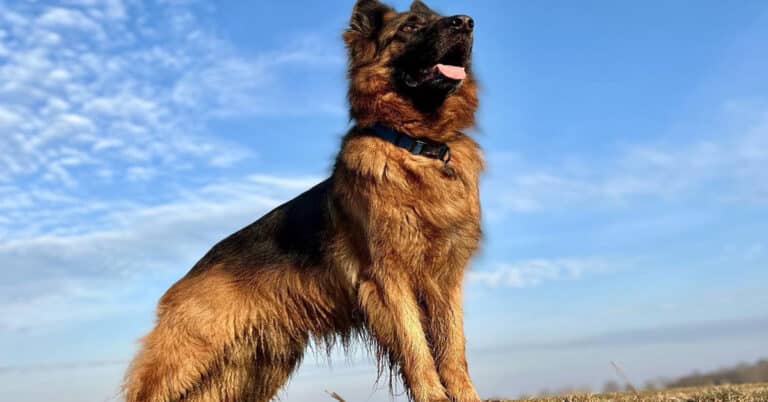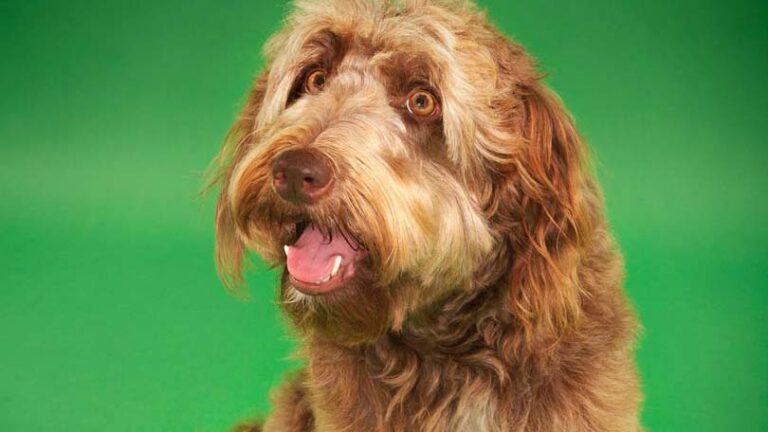Should Dogs Drink Milk
Many dog owners wonder if should dogs drink milk. It’s a natural question to ask. Cats often like milk, so why not dogs? Actually, dogs like milk a lot, but not all dogs can digest it. Many dogs are basically lactose-intolerant, just as some people are. They don’t have the enzyme needed to digest milk so they can have diarrhea, gas, or vomiting when they drink milk or eat dairy products. This isn’t true of all dogs, but you should be careful about giving your dog milk or dairy before you know how he will respond to it.
Lactose
Milk and dairy products contain a sugar called lactose. Lactose has to be broken down by the body for it to be digested and it takes an enzyme called lactase to do this. If a dog (or a person) doesn’t have this enzyme, they are lactose-intolerant. If your dog seems to have gas or loose stools after drinking milk, it’s probably because he is lactose-intolerant.
Puppies, of course, can nurse from their mothers and drink milk, but this ability only lasts a few weeks in some dogs.
Lactose content
However, even if cow’s milk poses a problem for your dog, the lactose content of other dairy products can determine whether your dog can eat something or not. Different kinds of dairy products have different amounts of lactose. Your dog might be able to eat dairy products that have smaller amounts of lactose even if he can’t drink milk. For instance, some kinds of cheeses and yogurt have much less lactose than milk.
Here’s a list of common dairy foods and their lactose content in grams
| Milk (Whole) | 1 cup | 11 |
| Milk (skim) | 1 cup | 11 |
| Ice Cream | 1/2 cup | 6 |
| Yogurt (low fat) | 1 cup | 5 |
| Sour cream | 1/2 cup | 4 |
| Cottage cheese | 1/2 cup | 3 |
| American cheese | 1 oz | 1 |
| Swiss cheese | 1 oz | 1 |
| Cheddar cheese | 1 oz | 0 |
As you can see, even if your dog has problems drinking milk, he might be able to eat yogurt or cottage cheese. And most dogs can have some cheese without any difficulty.
Remember that not all dogs are lactose-intolerant. Many dogs can consume milk without any problem. You won’t know until you try giving your dog a small amount and seeing how she reacts to it. If your dog does have problems with milk or dairy but you still want to include these foods in her diet, then try reducing the amount you give her. Choose foods that have a smaller lactose content. Or try choosing lactose-free milk.
Using dairy products in your dog’s food
If you cook for your dog or feed a raw diet, then you will soon find that dairy products are included in many recipes. Unless your dog is allergic to milk and dairy, which is rare, this shouldn’t pose a problem, even if your dog is lactose-intolerant. Many recipes call for using yogurt, for example. Yogurt is moderate in lactose and whole yogurt contains more calcium than low fat yogurt. It’s a good source of beneficial bacteria which helps your dog digest his food and keeps his gastrointestinal tract healthy. It has many of the benefits of milk in a form that most dogs can digest.
Some recipes include cheese, such as Cheddar cheese. Cheddar cheese has no lactose but it can be fattening so watch how much you feed your dog. Cheese also makes a great training treat for dogs as long as you use very small pieces. This is a high value treat so don’t let your dog fill up on it quickly.
If your dog isn’t lactose-intolerant and he can drink milk, there’s no reason you shouldn’t give him a little as you like. Just keep an eye on him to make sure he really isn’t having any diarrhea or vomiting when he’s out of sight. (You will probably know about any gas without much effort.)
If your dog does have diarrhea or vomiting following drinking some milk, let him get the milk out of his system. He should be all right again as soon as he has gotten rid of the milk. Let him rest. Offer him some water. His stomach may be a little sensitive for a few hours so don’t try to force him to eat anything. His appetite will return when he feels better. You can start by giving him something easy to eat such as some rice and cooked chicken or rice and soft beef. He should be eating his normal food again soon.
In case you were wondering, milk does not give your dog worms or cause any other problems. Those are just old wives’ tales and they aren’t true. And, for what it’s worth, not all cats can drink milk, or like milk, for that matter. Many cats are unable to drink milk after they become adults.

Having discovered a fondness for insects while pursuing her degree in Biology, Randi Jones was quite bugged to know that people usually dismissed these little creatures as “creepy-crawlies”.

